by Austin Shipman
WISH has recently been approved to begin an ACS accredited fellowship program. The Fellowship details are as follows:
Fellowship Information:
The goal of this position is to provide a foundation for creating international leaders in development, evaluation, and delivery of medical education curricula enhanced by simulation technologies. Once this one year fellowship is completed, the Simulation Fellow will be facile in simulation education theory and practice and will have developed their own technical skills through an array of simulation activities. The Fellow will be involved in simulation classes for medical students and residents as well as in the design and implementation of all surgical simulation activities. The program will be based out of the University of Washington in Seattle, WA.
Requirements:
Applicants must be an MD and be enrolled or have completed a residency in any surgically-oriented field. International candidates with the intent on developing a simulation center/program in their home country are encouraged to apply. Applications will be accepted through April 1, 2016 with a start date of July 1, 2016.
Applicants are asked to provide a curriculum vitae, a statement explaining why they are pursing this fellowship, a letter of recommendation from their institution, and a letter of recommendation from a colleague. Please see full application checklist below.
Fellowship Application Checklist:
1. Current Curriculum Vitae (CV)
2. Statement of Interest
3. Letter of Recommendation from a Colleague
4. Letter of Support from Applicant's Department/Institution*
5. TOEFL Exam Score (If English is a second language)
*Letter of Support must reference the applicant's potential to serve in a role of leadership in furthering simulation education
For more information or to apply for this position, please contact:
Austin Shipman
Program Operations Specialist
University of Washington
1959 NE Pacific St.
Seattle WA, 98102
Email: ashipman@uw.edu
Phone: 206-598-2710
Curriculum:
Dr. Robert Sweet, Director of the Fellowship Program, will model this new program after University of Minnesota’s SimPORTAL program.
During the fellowship year the fellow is generally expected to direct forty percent of their efforts toward curriculum development, forty percent toward research, and twenty percent to personal skill building. By the end of the fellowship year they are expected to accomplish the following goals:
In Curriculum Development:
Develop five full curricula with at least one scenario each
Set up and help teach for all surgical simulation courses
Establish a blue print for the development of simulation center at their institution using the ACS criteria as a model
Be an active member of the curriculum and assessment council (or equivalent)
In Research:
- Publish three papers
- Design one simulator
- Execute at least one multi-center validity study
In Personal Skill Building (can be tailored to each individual needs):
- Observe skills
- Complete the Fundamentals of Laparoscopic Surgery (FLS) curriculum as it applies in
- the context of the University of Washington
- Complete the robotic curriculum as it applies to the University of Washington
